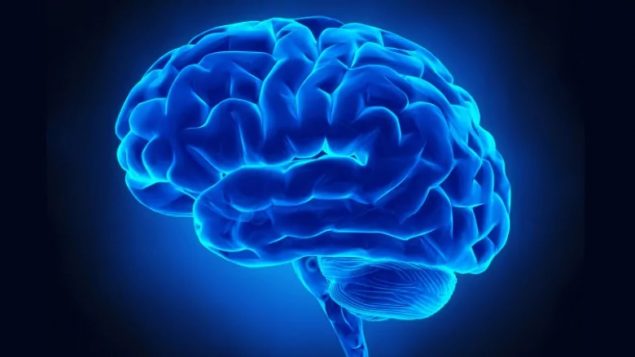It seems counterintuitive, calm your brain activity, and you live longer.
That’s seemingly the results of a new American research study led by researchers at the Harvard Medical School in Boston.
Others say this research should not replace the “use it or lose it” doctrine.
Dr. Iris Gorfinkel, (M.D., CM) is a family physician, and founder of Prime Health Clinical Research in Toronto
ListenIt seems that in the study, the brains of people who died before their mid-80’s had fewer proteins known as REST than did the brains of people who lived to be 100 or more. These proteins help tamp down brain activity. Thus the theory that people with a less-active brain, or less excited brain, live longer.

Dr Iris Gorfinkel (MD, CM): Don’t rush to conclusions from this study, it’s still better to keep the brain stimulated
The study was published in the journal Nature, under the title, Regulation of lifespan by neural excitation and REST. (abstract here)
Using worm and mouse models, the researchers added REST, and the creatures lived longer. But, does that mean that as we age we should not be trying to learn to play an instrument, a new language, or do crosswords or soduku to stimulate the brain?.
Dr. Gorfinkel says no, keeping the brain active keeps you active into old age.
In addition, there are many variables related to the study, and implications of other studies that show for example older people activate more brain cells than younger people to accomplish a particular task indicating possibly less efficient brains ion the elderly or attempts to use more circuits to compensate. Ageing, brain use, and human behaviour are exceptionally complex, and one study should not be taken on its own as an answer.
Dr Gorfinkel notes that the higher one is on the knowledge and intelligence scale, and with continued learning, the longer and slower is the eventual descent toward dementia, and that people who continually stimulate their brain have less loss over time. She also says avoiding depression is extremely important as well for a longer happier life.
Additional information







For reasons beyond our control, and for an undetermined period of time, our comment section is now closed. However, our social networks remain open to your contributions.